I spent 13 months living in French Polynesia. What did this slice of paradise teach me about life? Well, here are my 4 Life Lessons from French Polynesia
If you think French Polynesia is nothing but crystal-clear waters and cruise ships, bounty beaches and bougie resorts, think again.
I spent over a year soaking up the true essence of these islands. Sure, it’s paradise on the surface, but the real beauty? It’s the people, the way of life, and how you find yourself changing under those blazing orange sunsets.
Now, with French Polynesia imprinted on my soul, I thought I’d write a piece in the hope of conveying the true beauty of this place.
Here are my 4 Life Lessons from French Polynesia!
Table of Contents
You can use the links below to jump to a certain section of the blog post.
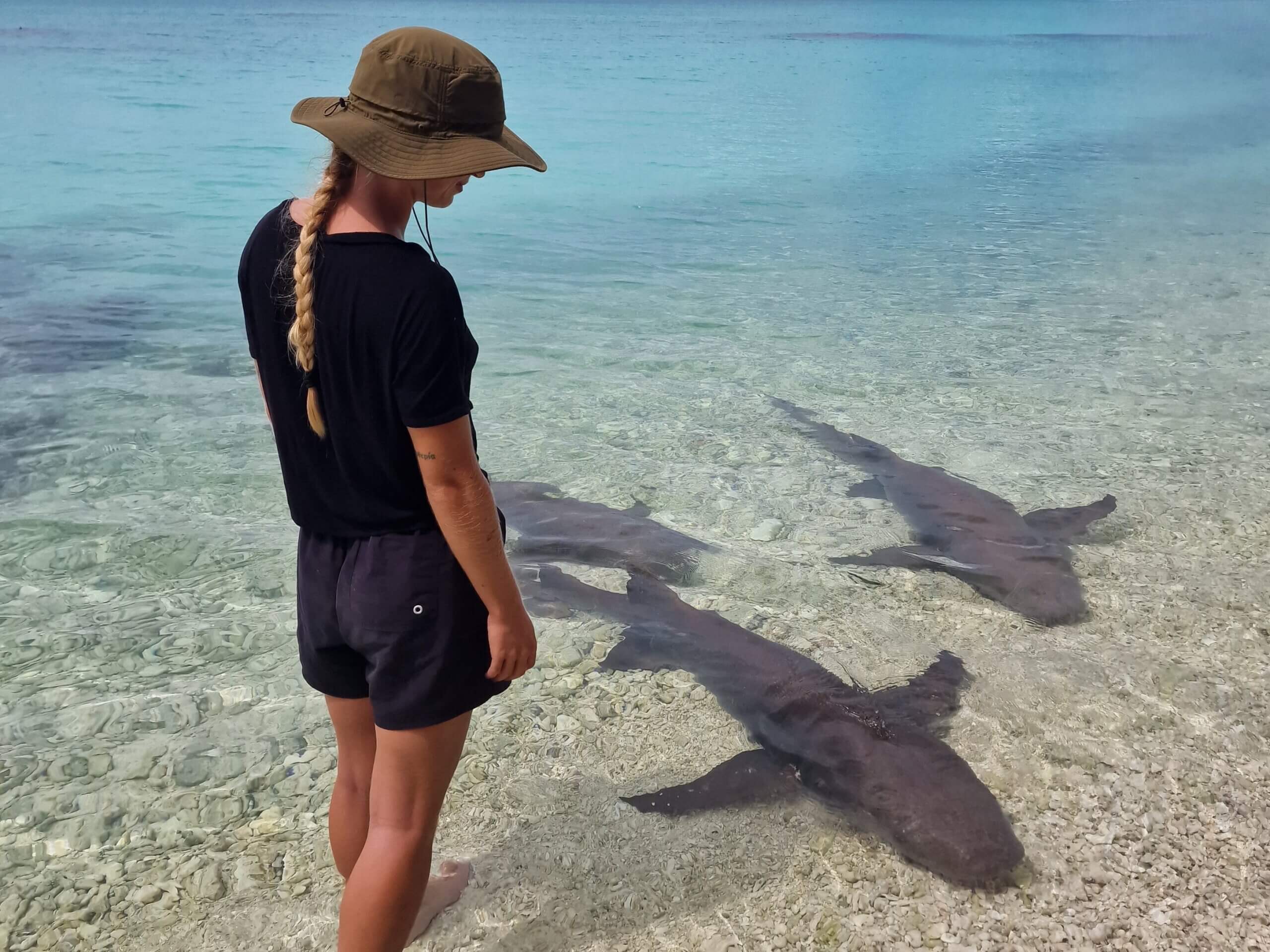
Life Lesson 1: Smile at Strangers
It’s 3 AM, and I find myself sitting on a curb outside Paradise nightclub in Papeete, Tahiti. My dress clings to me, drenched in beer courtesy of my friend, who’s had a bit too much to drink. My crewmates are all wasted, and I wonder why I’m not.
That’s when a man plops down next to me. As his lips curl into a smile, he showcases two missing front teeth, creating a black hole in the middle of his mouth. I can only imagine what stories must whirl around in there.
“Do you want some?” he says, as he gestures to the glass pipe that he’s smoking from, containing what they call “ice” here in French Polynesia (that’s crack for you elsewhere). Well, that’s a first, I think to myself.
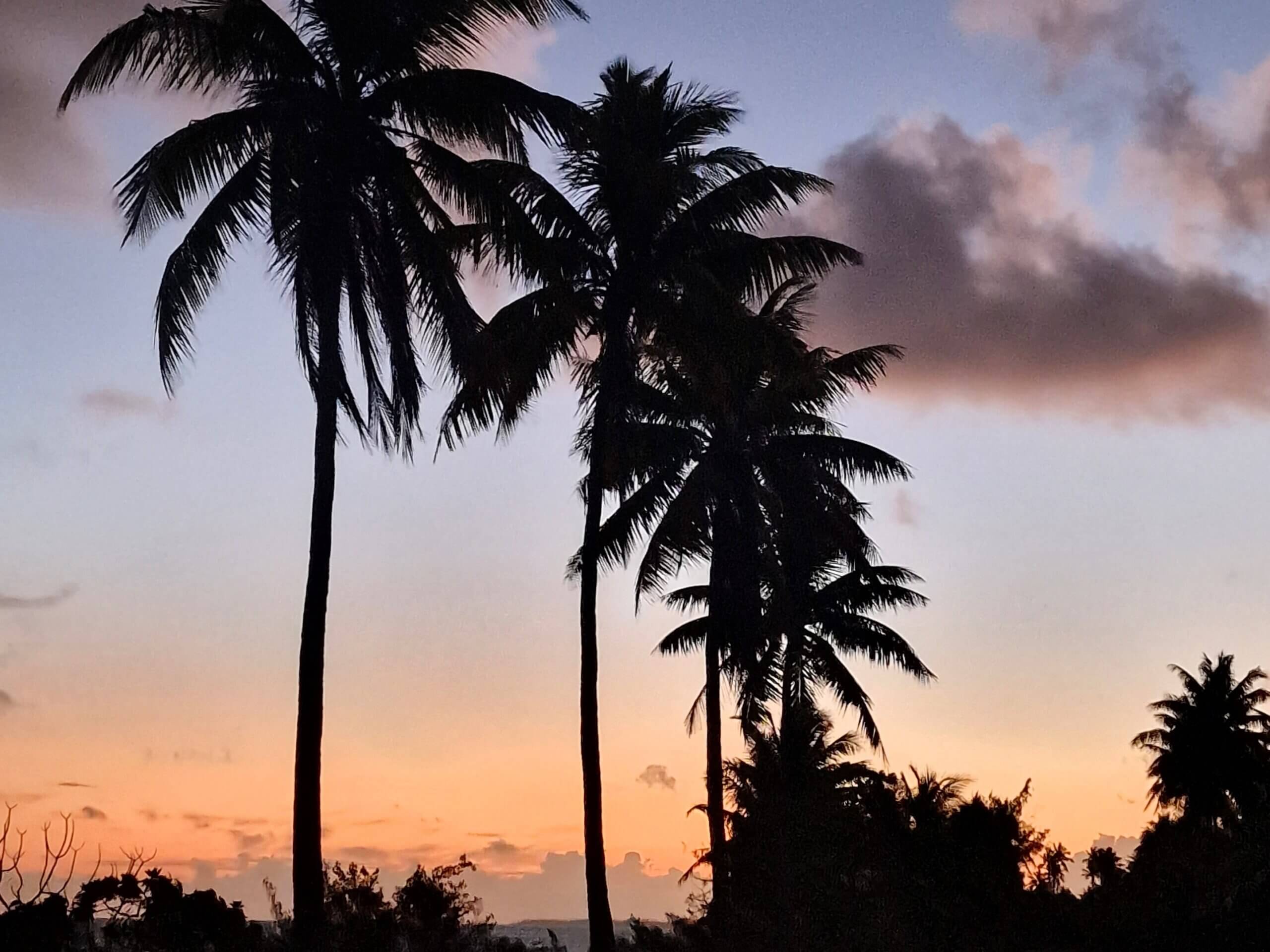
Now, I’m all for trying things at least once, but I can spot a slippery slope when I see one. So, I politely decline. Soon, his friend, toking on some weed, joins us. We chat for a while under the luminous glow of the streetlights before my crewmates reappear with a pizza box. I share a few slices with my ice-smoking friends, and they smile as I greet them nana (Tahitian for goodbye.)
This episode encapsulates the immense friendliness I’ve encountered in French Polynesia. Though the scene I’ve chosen to portray it might seem odd, it’s etched into my memory. Because there I was, probably looking like some rich bitch, and here were these two men, presumably with little to their names, but they offered the one thing they could – their kindness (and a hit of ice).
It’s a lesson I’ll carry with me always: Smile at strangers, you never know what beautiful connections may bloom.
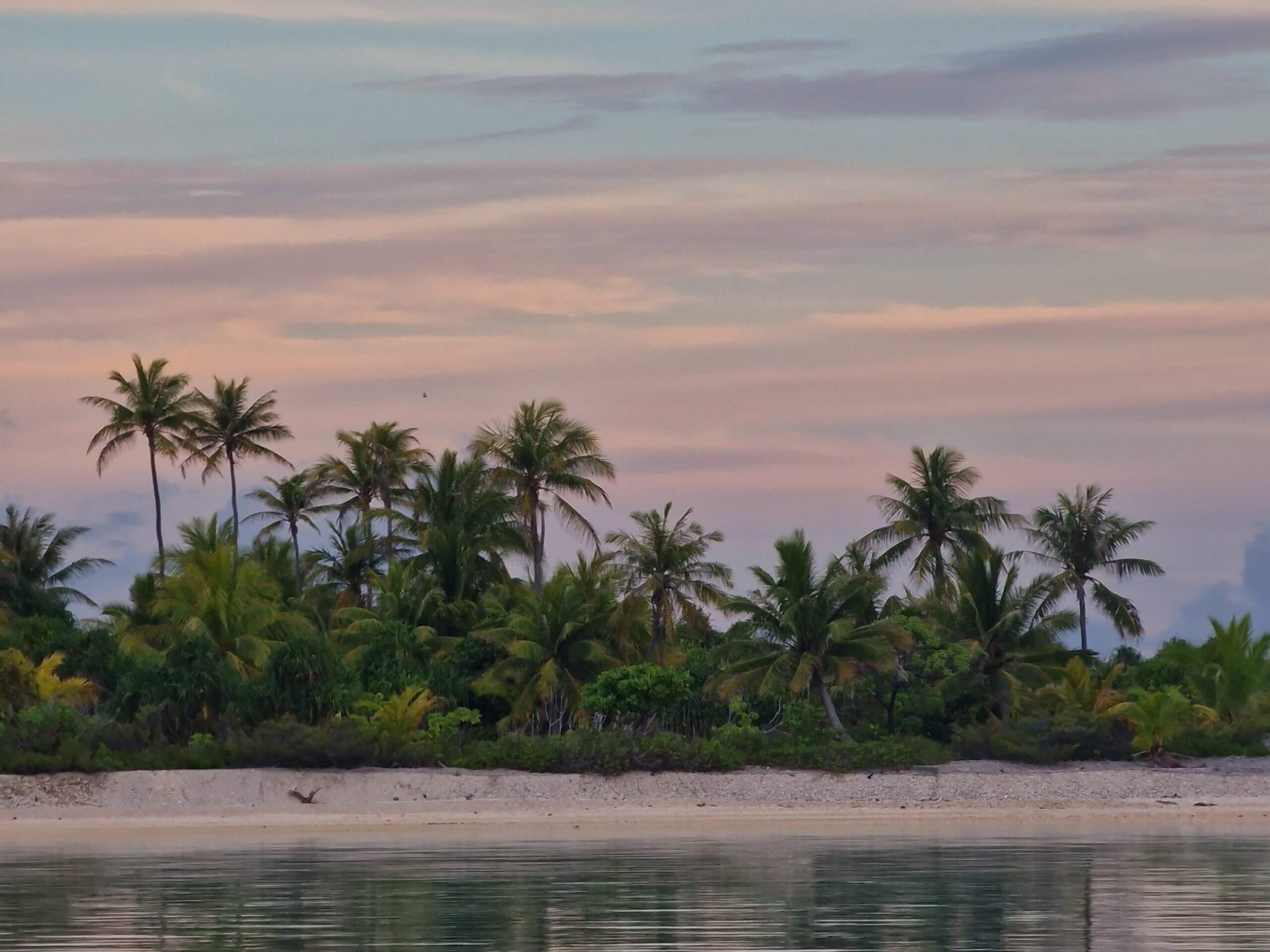
Life Lesson 2: Throw Shaka, baby
Do this: Lower your three middle fingers, extend your thumb and pinky finger, raise your arm to shoulder level, wiggle your hand, and there you have it – the Shaka sign.
No handshakes, cheek kisses, or hugs. That’s not how they roll in French Polynesia. Here, it’s all about the Shaka. And let me tell you, I’m absolutely living for it.
This little hand gesture brings me a ridiculous amount of joy. Every time I throw Shaka to say hi to someone, a bolt of happiness flares through me.
Are you enjoying my content?
Please consider supporting me by buying me a cup of coffee, or a pizza! 🙂
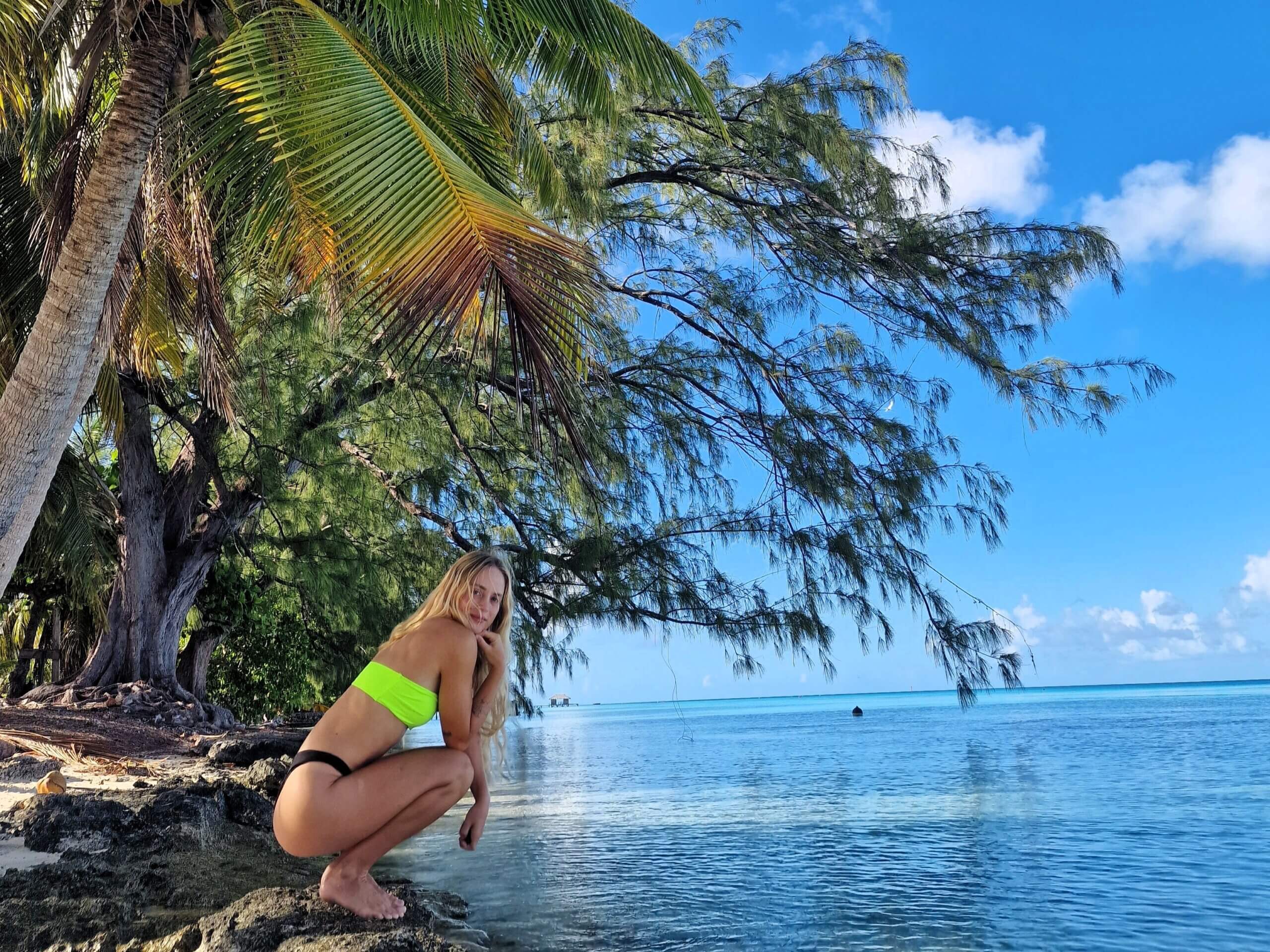
The Shaka sign, also known as “hang loose”, is often associated with surf culture, so it’s no wonder that the Polynesians are fond of this hand gesture, since surfing has its origin in the ancient cultures of these Pacific Islands.
The art of wave riding can be traced back over a thousand years in places like Hawaii, Tahiti, and other islands in the region.
So, next time you’re in French Polynesia, or heck, anywhere else, throw a Shaka, and watch the world light up with a smile. It’s a simple gesture that reminds us to spread a little love and positivity.
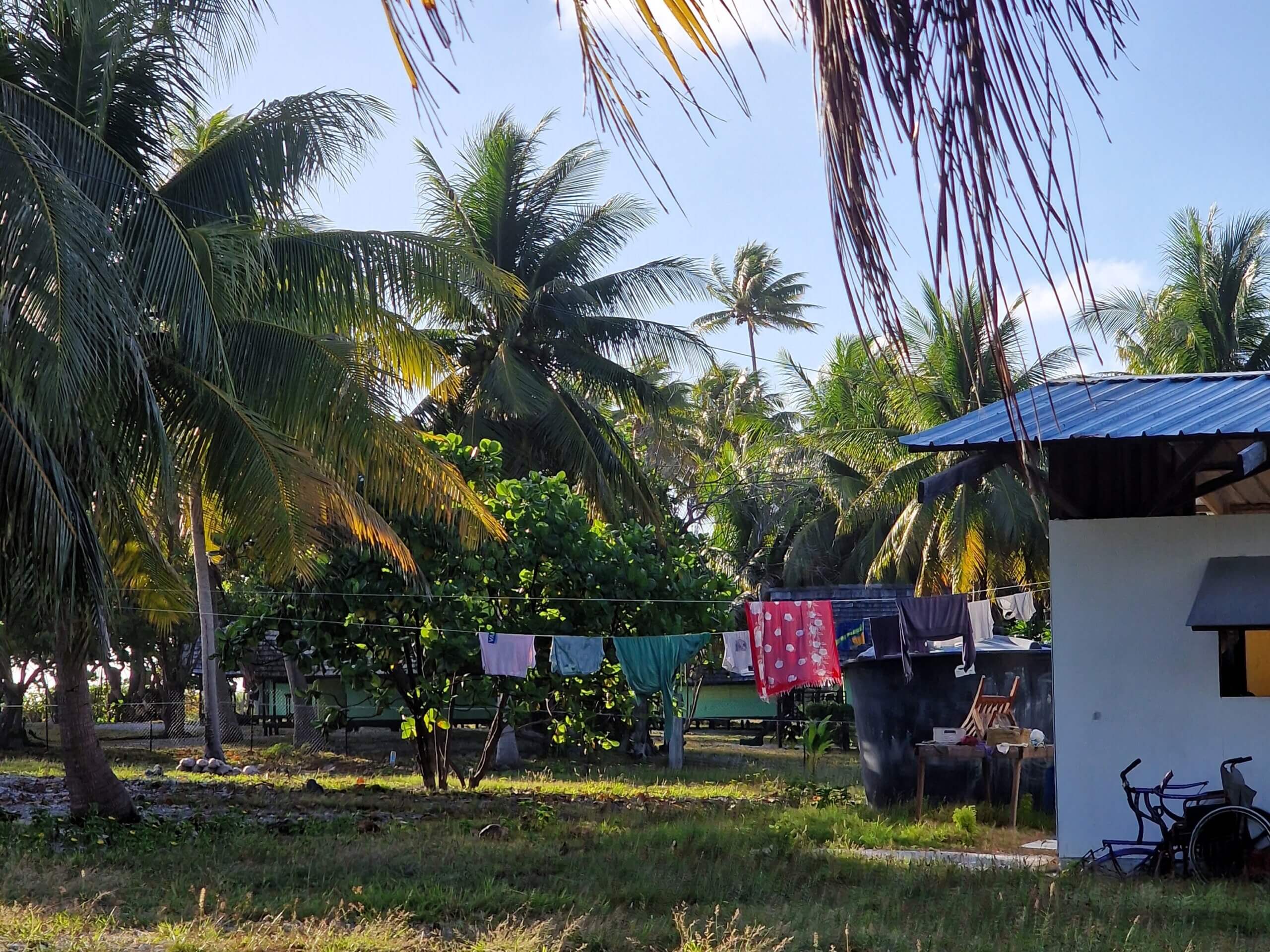
Life Lesson 3: Slow Down
Let me set the scene for you: The step count on my phone has just hit 10 kilometers. That’s 13000 steps in the midday sun on the boiling asphalt of Papeete, without finding someone who can help me.
Now, I’m sitting outside a supermarket, devouring ice cream and fueling up on juice to regain energy before I continue my quest for a competent mechanic.
I’ve hit up ten mechanic workshops so far, hoping one of them could fix the engine on the boat I’m crewing on. But so far? No damn luck.
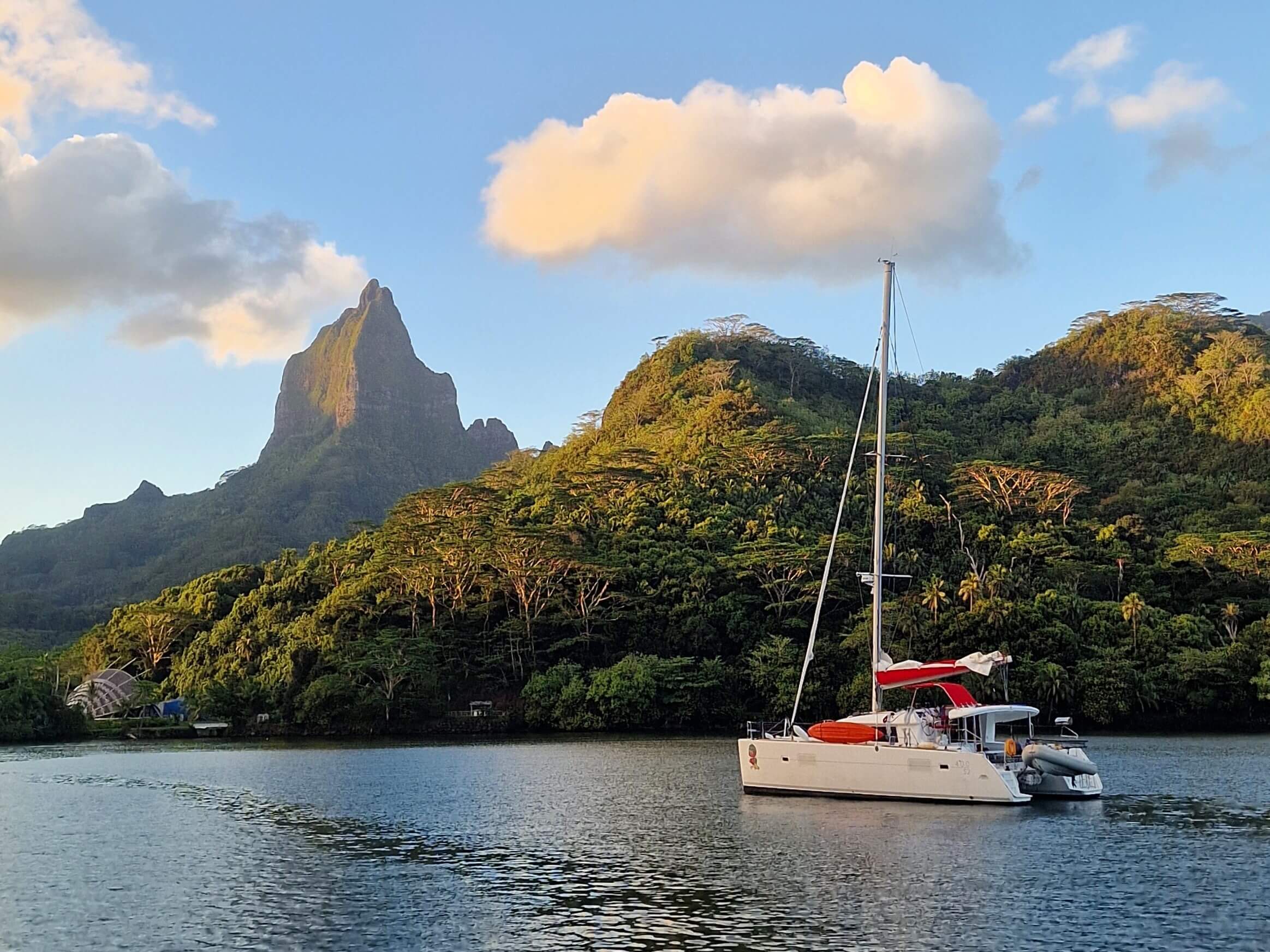
I feel like a stubborn kid, internally stomping my feet and yelling, “Help me, NOW!” Meanwhile, the Polynesians just stand there, shaking their heads. I can’t help but wonder if the locals have a different understanding of time, one where rushing isn’t part of the equation. Maybe they just don’t prioritize making money the way we do in the West.
In this moment of frustration, I realize there is a lesson to be learned – the art of slowing down.
It’s not the first time during my months in French Polynesia that I’ve been reminded to ease up. Take Fakarava, the second largest of the Tuamotu atolls. They ran out of fuel. Seriously, no one could get diesel for a few days. So, what do you do when you need fuel to keep going? You arm yourself with patience. You take a deep breath. You adapt. You learn to go with the flow. You savor life. You slow down.
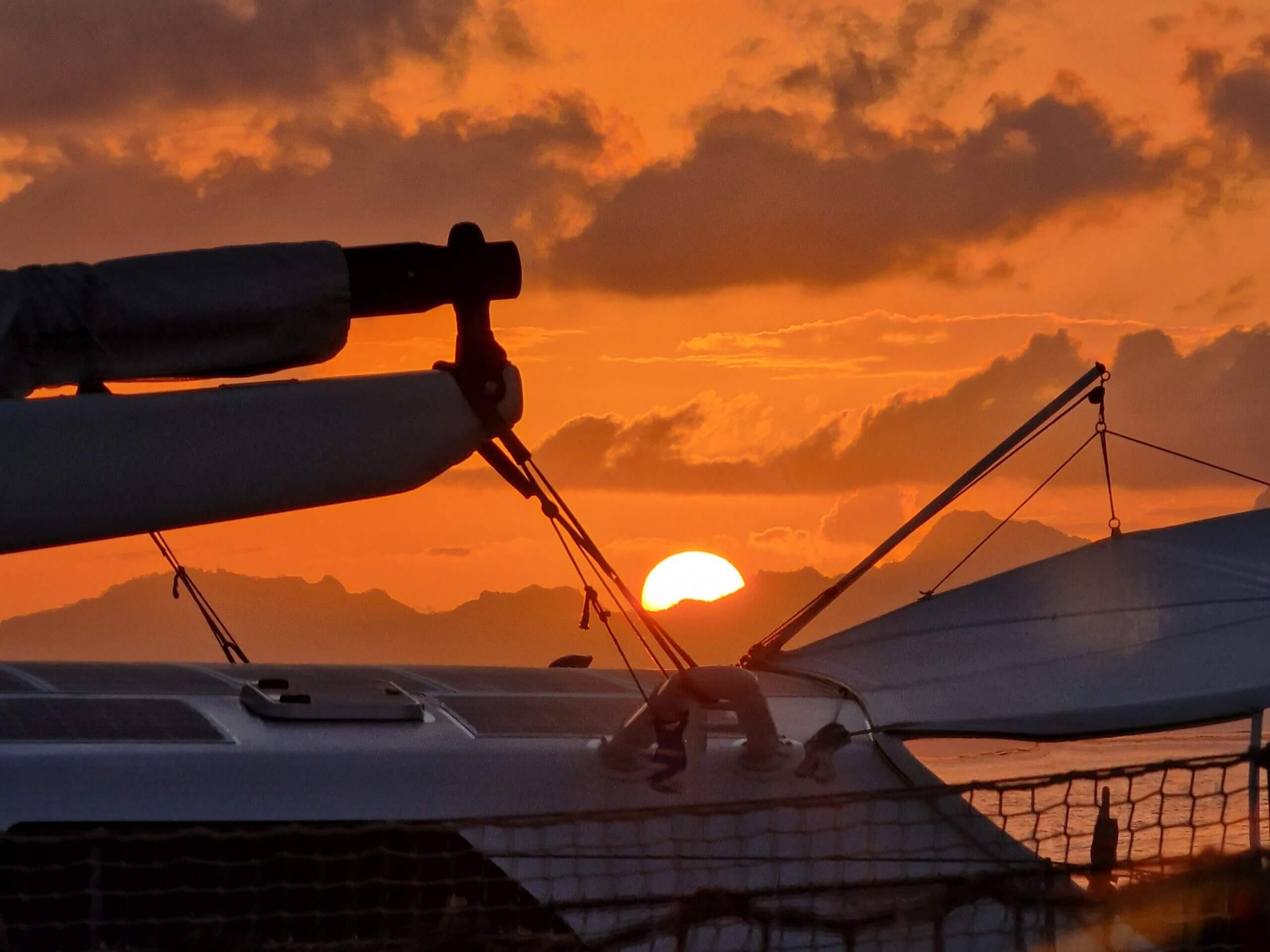
Life Lesson 4: Stay for More Sunsets
Finally, let’s talk about sunsets – those magical moments when day turns into night, and the sky ignites in shades of pink and purple, while the clouds, like celestial brushes, paint golden streaks across heaven.
It’s everything around you simmering down, making the thud of your heartbeat seem louder. It’s your dreams reemerging from the depth of your mind. It’s the Island being bathed in a fairy-light glow, making you feel small and grateful for being able to witness such a beautiful natural wonder. It’s the sense of “everything will be okay” taking home in your body.
I’ve never been the type of person to stick to a routine, and I hate having plans, but I guess in a way French Polynesia has changed this for me. One thing I ritualistically do nowadays is watching the sunset.
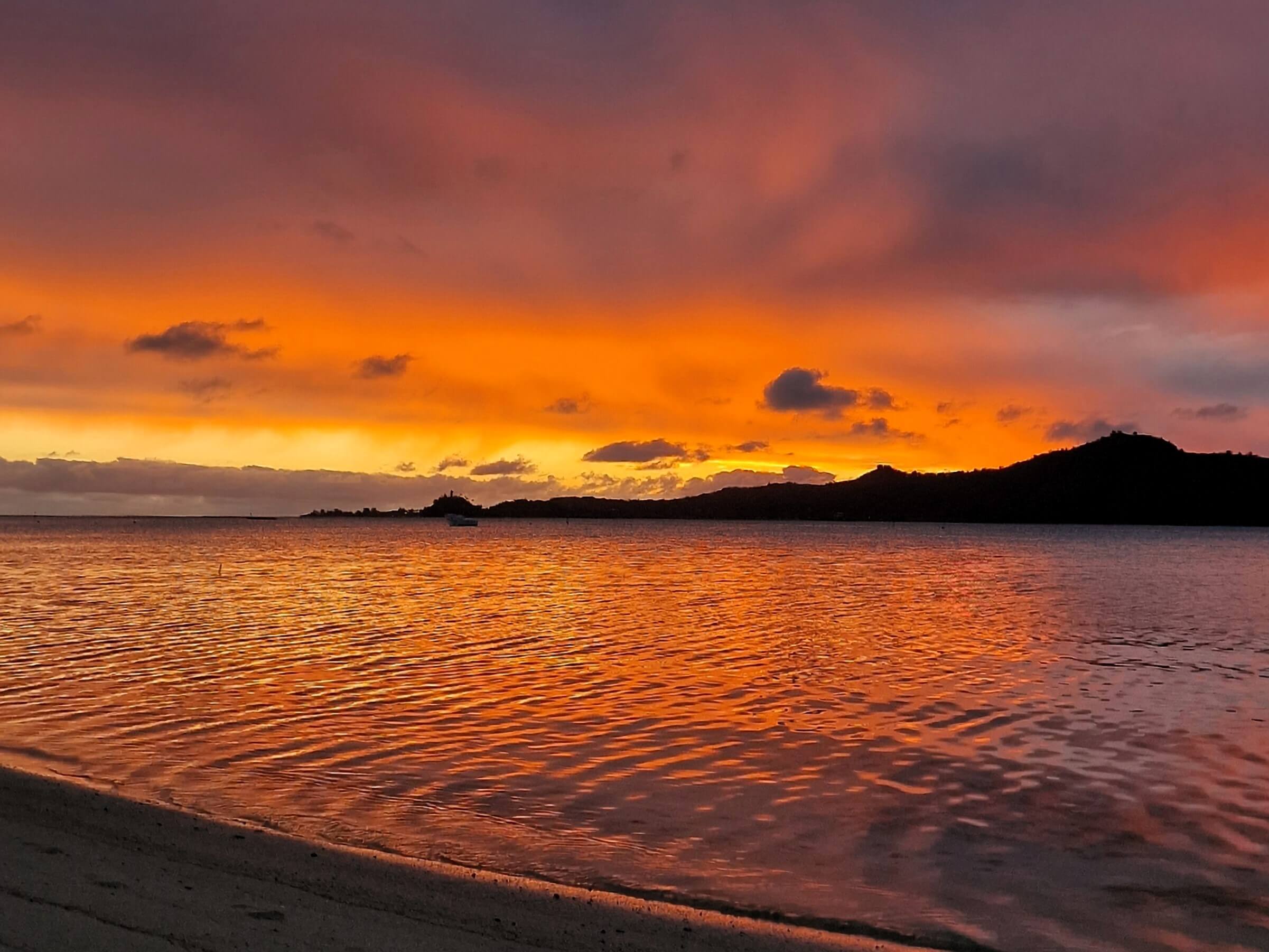
My days have actually become very attuned to the sun’s rhythm. I wake up around sunrise, and shortly after sunset, I retreat to my bed for some reading or writing before I fall asleep.
This is in stark contrast to my life in Copenhagen, where light pollution masks the stars, and I stay up late and wake up too late because I’m totally out of sync with nature’s rhythm.
As I sit on deck, I watch in gratitude as the sun gently bows towards the horizon. Streaks of warm orange, fiery red and soft purple stretch across the sky, casting a gentle glow over the turquoise waters below.
My time in French Polynesia has transformed me subtly, teaching me to embrace stillness, prioritize kindness, and embrace the natural rhythms of life.
So, my dudes, these are my 4 life lessons from French Polynesia, which I guess can be summed up to this: in the simplicity of life’s random moments, true happiness hides.
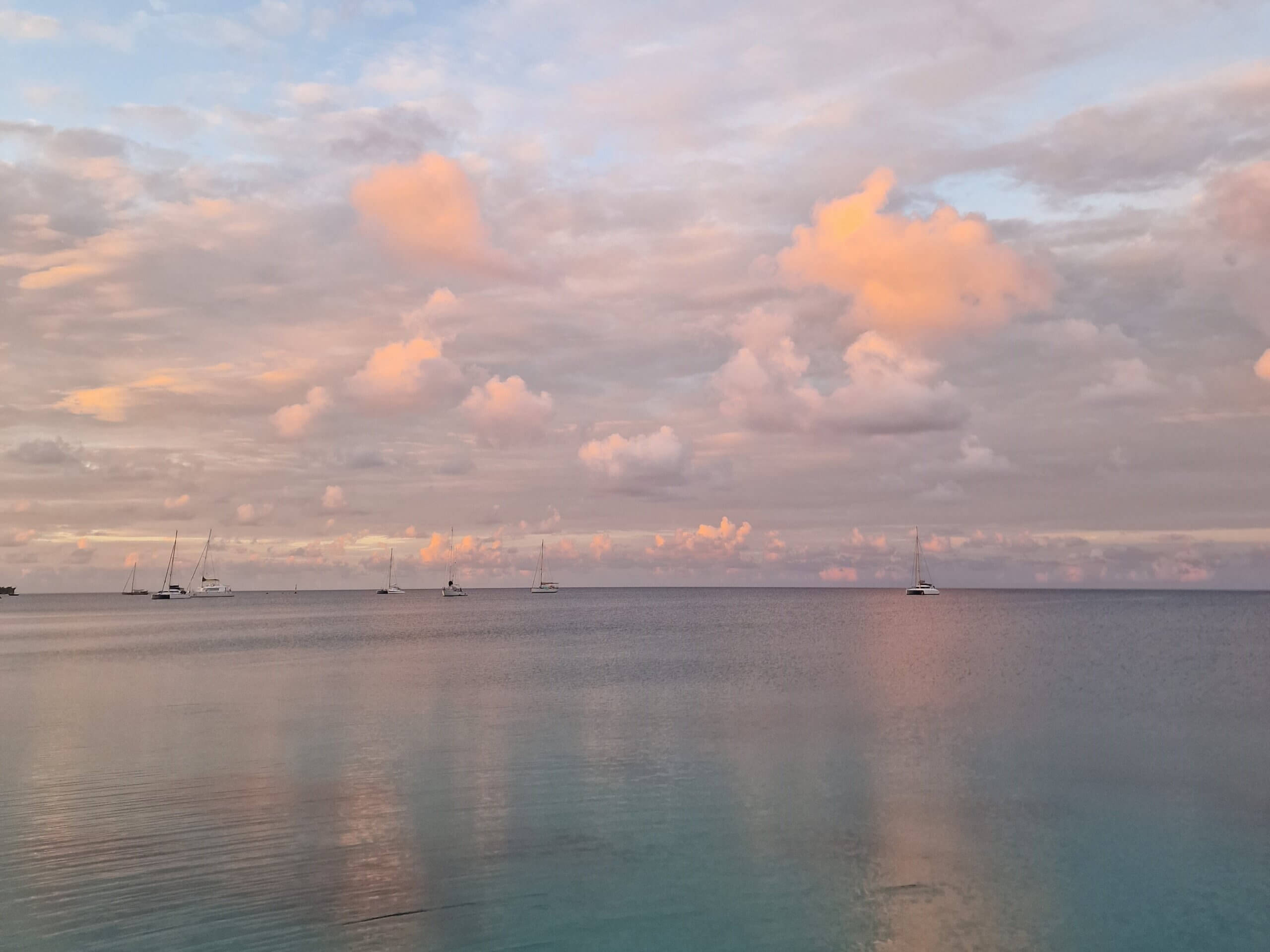
Disclosure
Some links in my content may be affiliates, which means that I get a small percentage cut of the sale, if you end up buying something. This helps me keep the site going. Thank you for your support!
FAQ about French Polynesia
Thinking about visiting this paradise after reading my 4 Life Lessons from French Polynesia? I get you! So, here are some questions you might have that I’ve tried my best to answer with my knowledge of French Polynesia.
What are some must-visit places in French Polynesia? Some must-visit places include Bora Bora for its stunning lagoons, Moorea for its lush landscapes, and Tahiti for its vibrant culture and nightlife. The Tuamotu Atolls are pretty special, too, and well-worth a visit. Fakarava is my favorite of the motus.
Is French Polynesia safe for solo travelers? Yes, French Polynesia is generally safe for solo travelers. The locals are friendly and welcoming, and the crime rate is relatively low. However, it’s always wise to take standard safety precautions.
What is the best time to visit French Polynesia? The best time to visit is during the dry season, from May to October, when the weather is pleasant and there’s less rainfall.
What cultural practices should I be aware of when visiting? Respect local customs, such as removing your shoes before entering someone’s home, greeting people with a smile or the Shaka sign, and being mindful of the environment.
How can I experience the local culture authentically? Engage with the locals, participate in traditional dance performances, visit local markets, and try authentic Polynesian cuisine. Taking part in community events and respecting local traditions will also enrich your experience.
What local foods should I try in French Polynesia? Don’t miss out on trying poisson cru (raw fish marinated in lime juice and coconut milk), breadfruit, taro, and a variety of tropical fruits like papaya, mango, and pineapple. French pastries with a Polynesian twist are also a delight.
Are there any health concerns I should be aware of before traveling to French Polynesia? It’s recommended to have routine vaccinations up to date. Mosquito-borne diseases like dengue fever can be a concern, so bring insect repellent and wear protective clothing. Also, be mindful of sun exposure and stay hydrated.
What are the best activities to do in French Polynesia? Snorkeling and diving in the vibrant coral reefs, exploring volcanic mountains, visiting pearl farms, sailing, and enjoying traditional dance performances are some of the top activities. Don’t forget to relax on the stunning beaches and watch the breathtaking sunsets. Viator has a wide selection of tours across French Polynesia.
How can I travel between the islands in French Polynesia? You can travel between the islands by plane, boat, or ferry. Air Tahiti operates flights to many of the islands, and there are also charter boats and ferries available for shorter distances.
You can use my discount to get 10% off a WayAway Plus Membership, which makes flights up to 5% cheaper and offers cashback on hotels and other services, plus 24/7 support from travel experts.
Is French Polynesia expensive to visit? French Polynesia can be expensive, particularly in terms of accommodation and dining. However, there are budget options available, such as guesthouses and local eateries. Planning ahead and booking in advance can help manage costs.
Do I need a visa to visit French Polynesia? For many countries, including the US, Canada, EU countries, Australia, and New Zealand, a visa is not required for stays up to 90 days. Always check the latest visa requirements based on your nationality before traveling.
What languages are spoken in French Polynesia? French is the official language, and Tahitian is widely spoken. English is also commonly understood in tourist areas and larger islands.
What is the currency used in French Polynesia? The currency used is the CFP franc (XPF). Credit cards are widely accepted in hotels and larger businesses, but it’s a good idea to carry some cash for smaller establishments and markets.
What are some sustainable travel tips for visiting French Polynesia? Respect the natural environment by not littering and avoiding single-use plastics. Support local businesses and artisans, use reef-safe sunscreen to protect marine life, and be mindful of your water usage. Engaging in eco-friendly activities and tours can also help preserve the islands’ natural beauty.
How can I connect with the local community in French Polynesia? Volunteering, attending local festivals, and participating in community events are great ways to connect. Learning a few phrases in Tahitian or French can also go a long way in building rapport with the locals.
Exploring French Polynesia is an enriching experience that goes beyond its scenic beauty. By understanding and respecting the local culture, you can make the most of your visit and carry the lessons learned with you long after you leave.
Read More
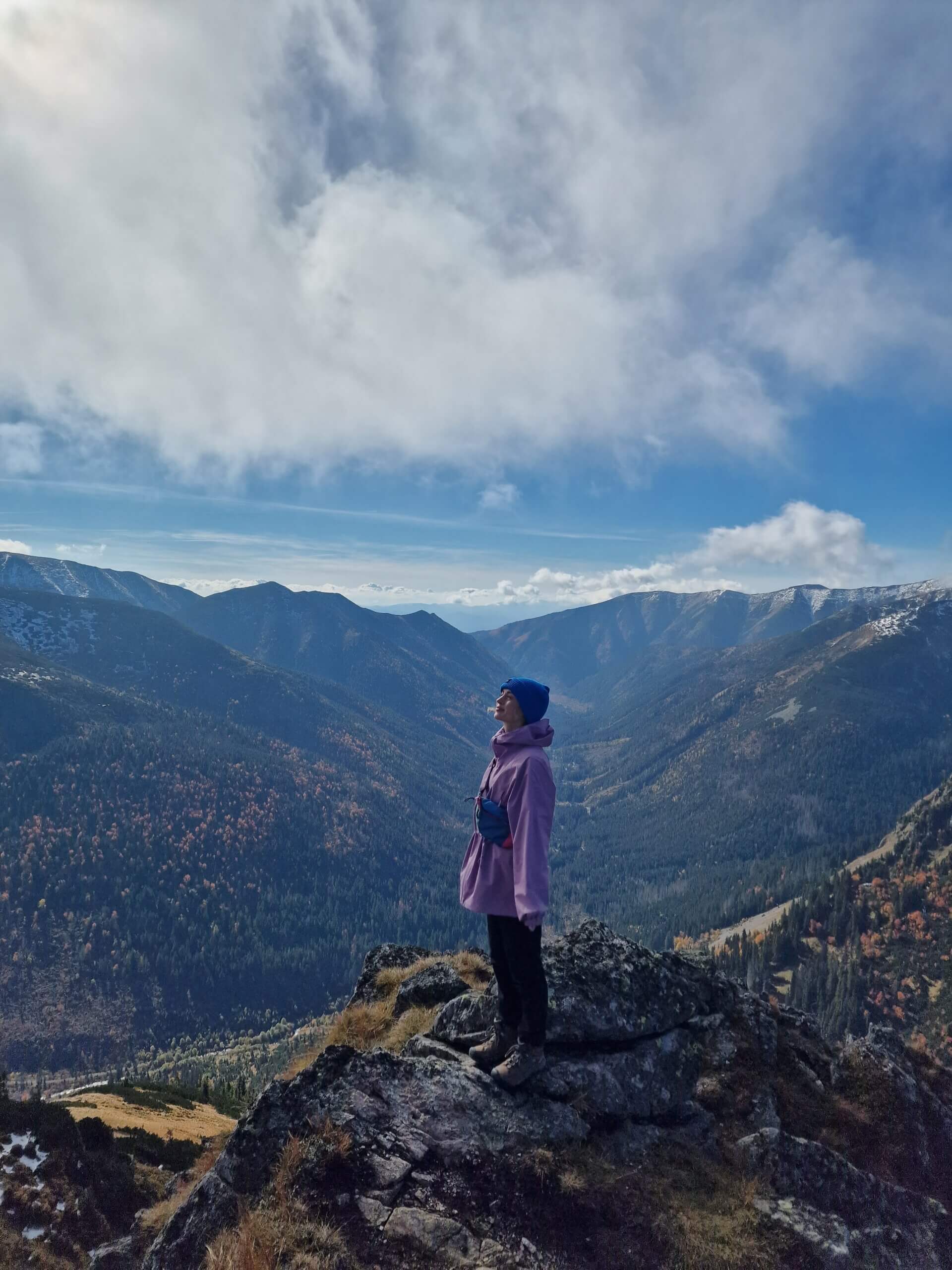

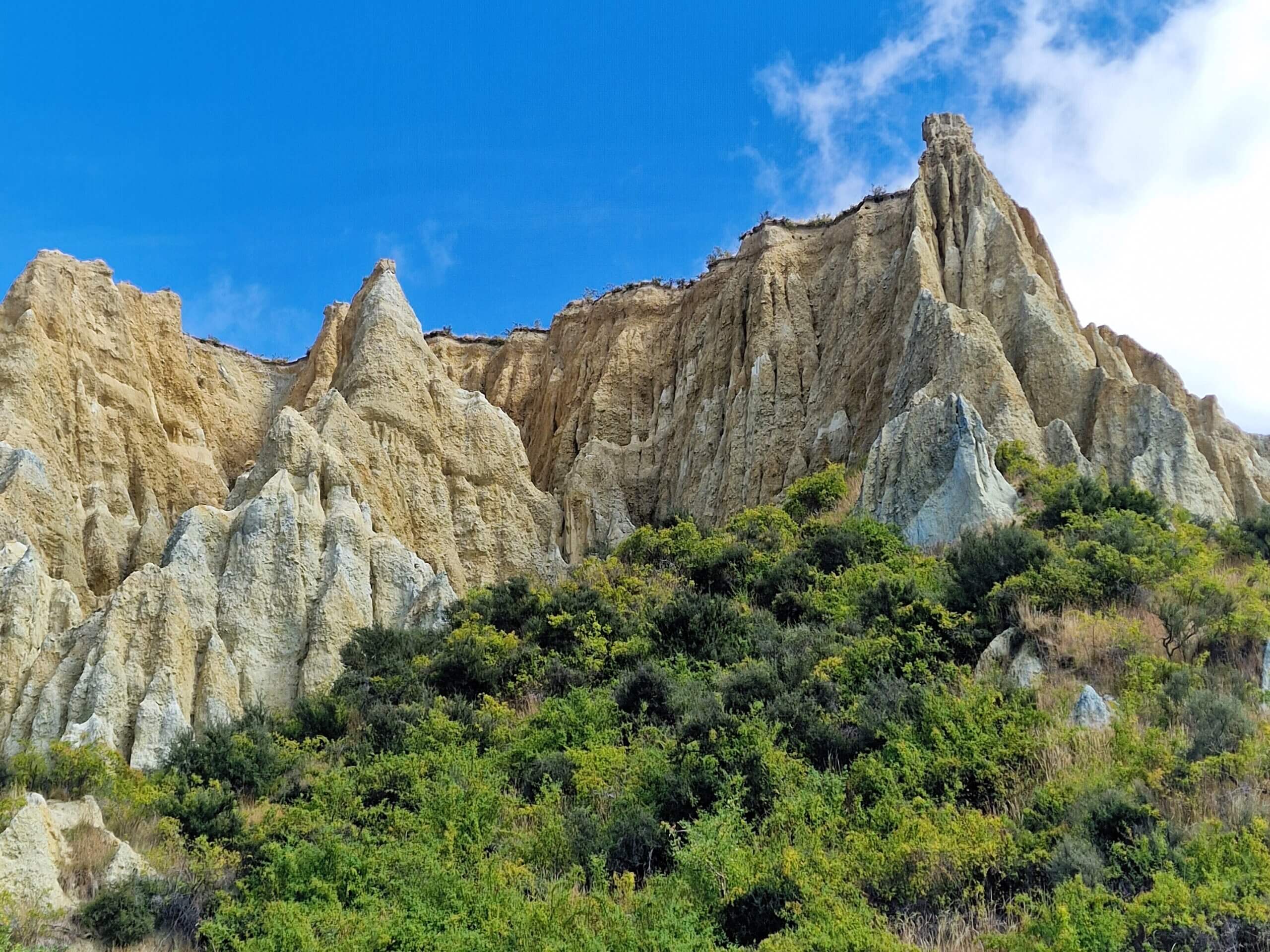
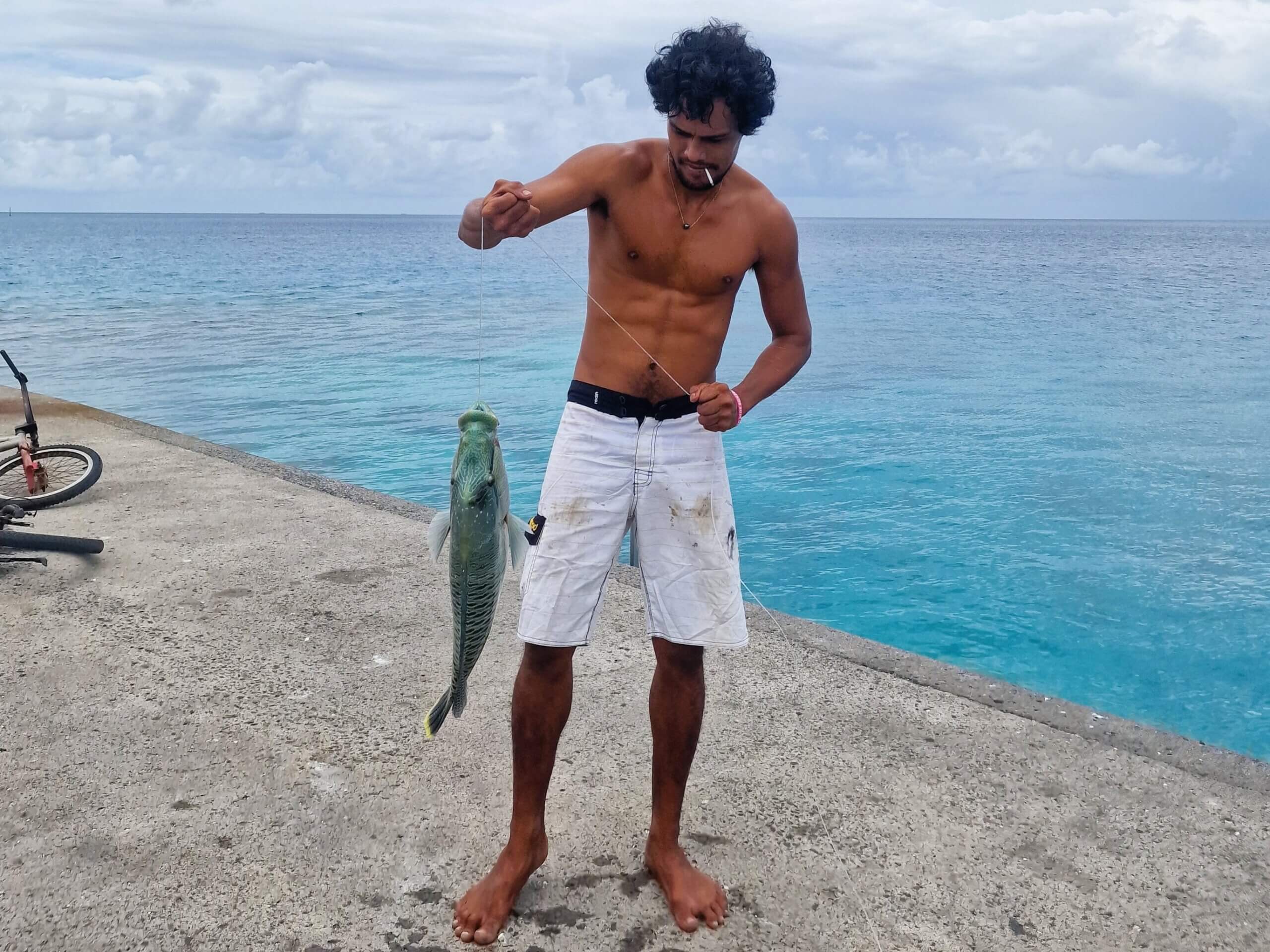
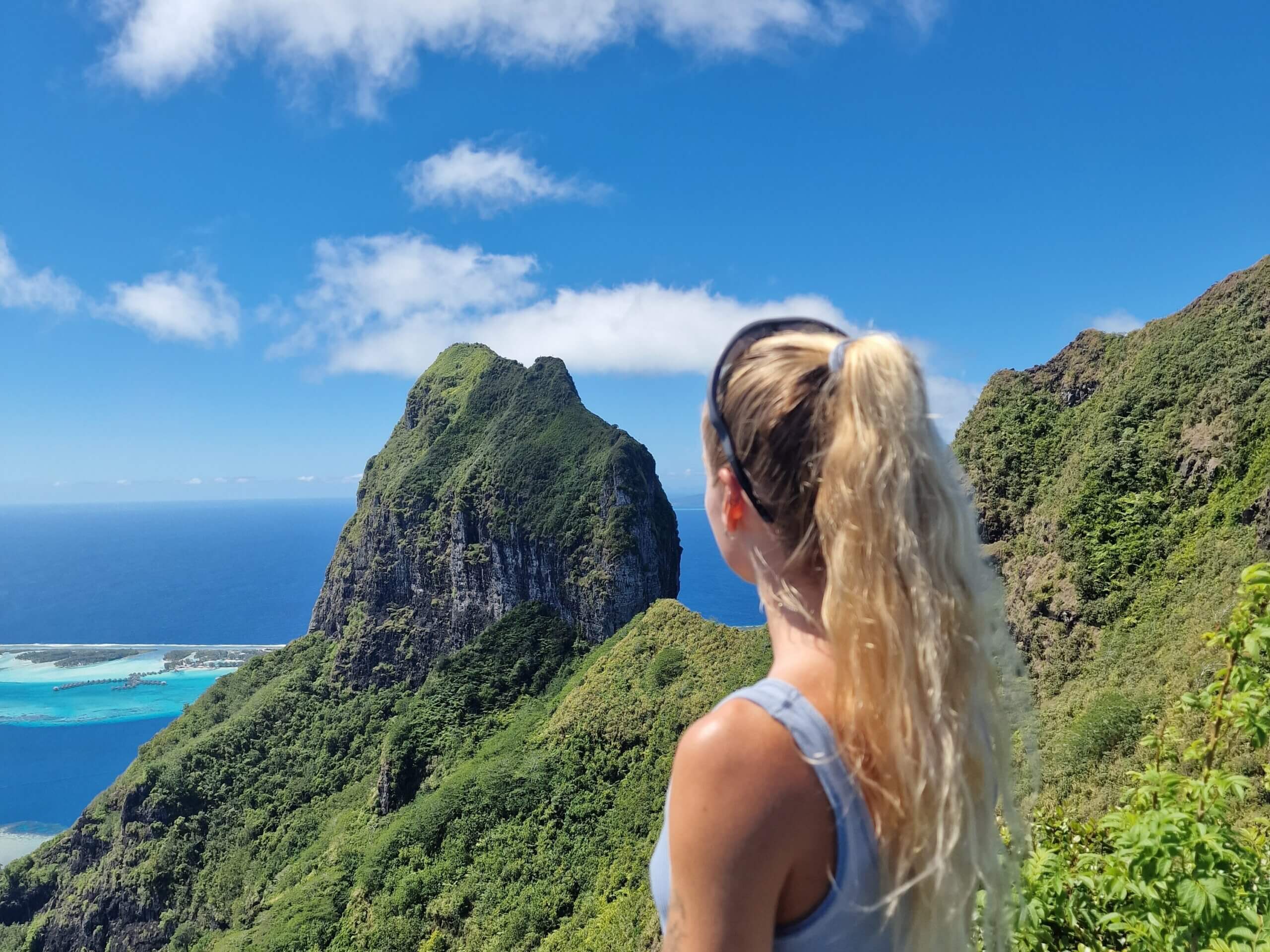

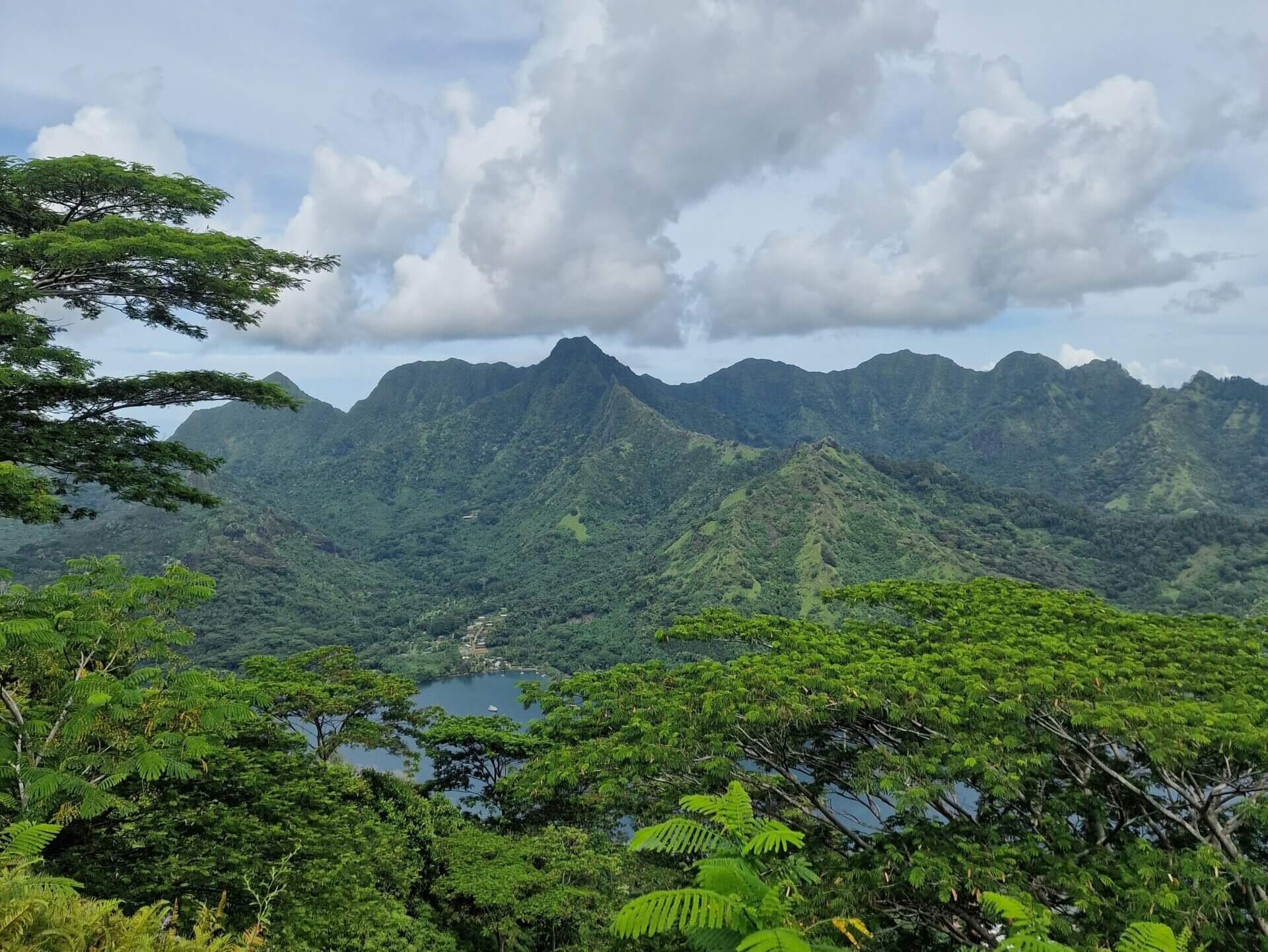
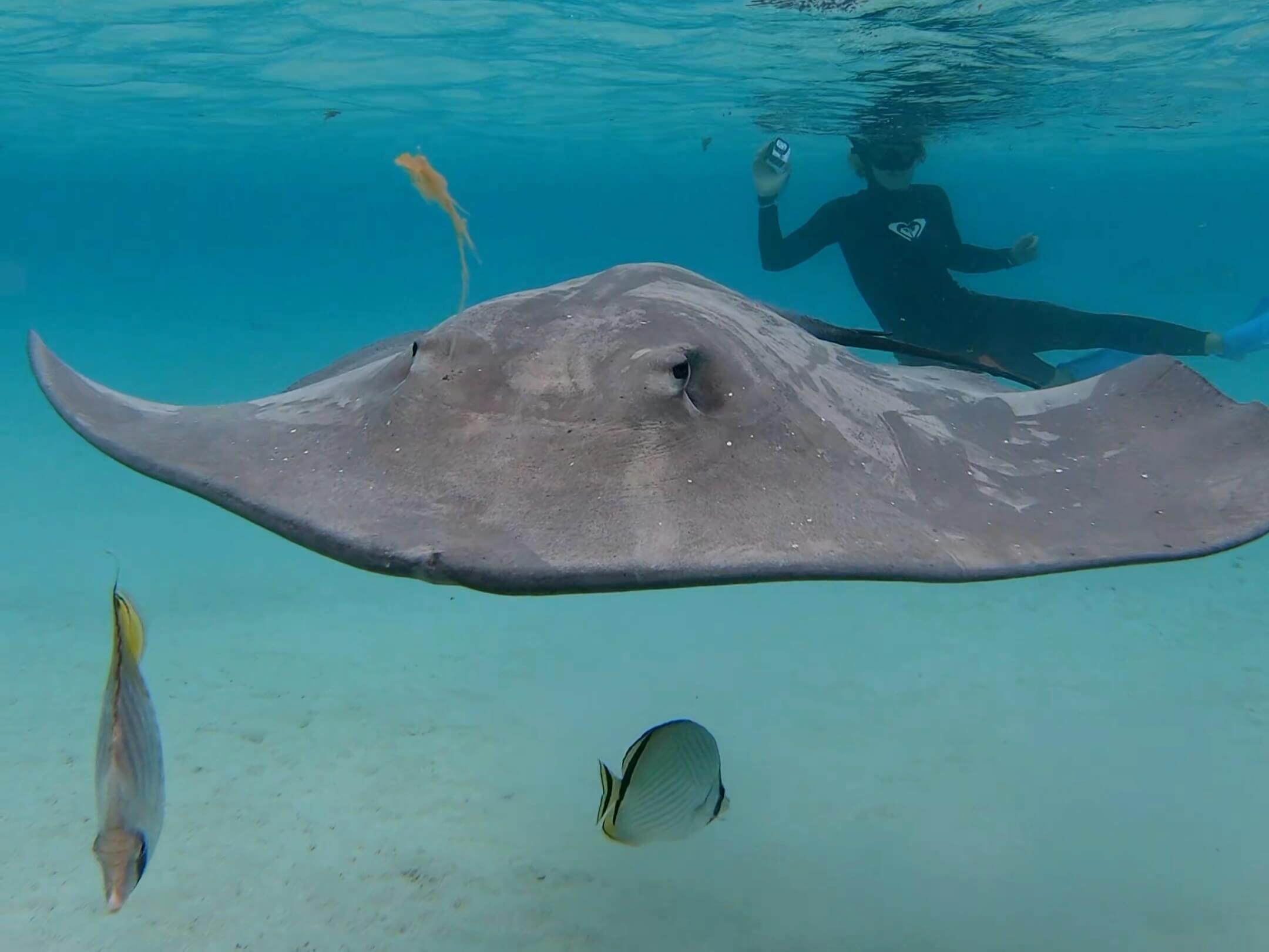
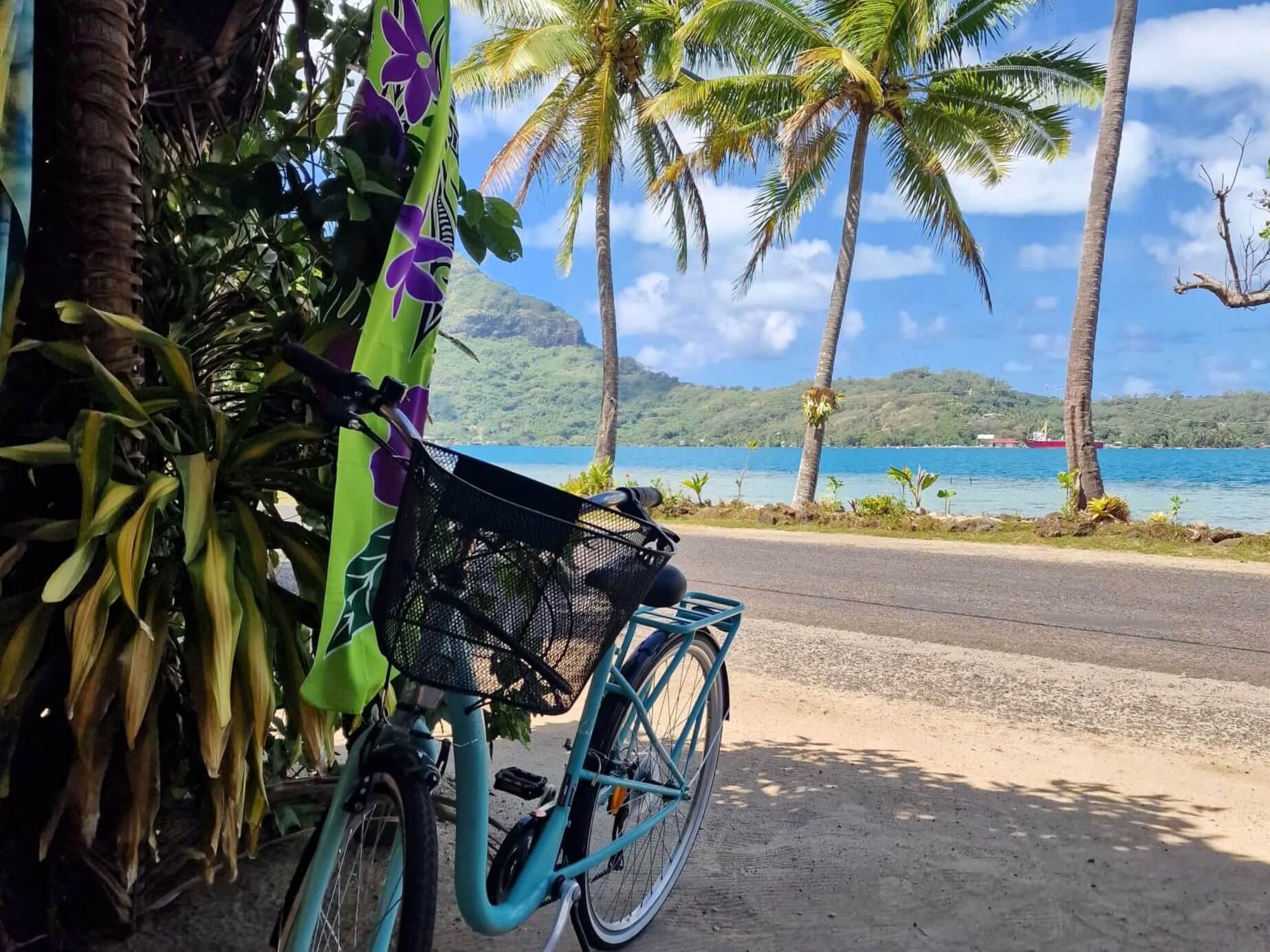
Leave a Reply